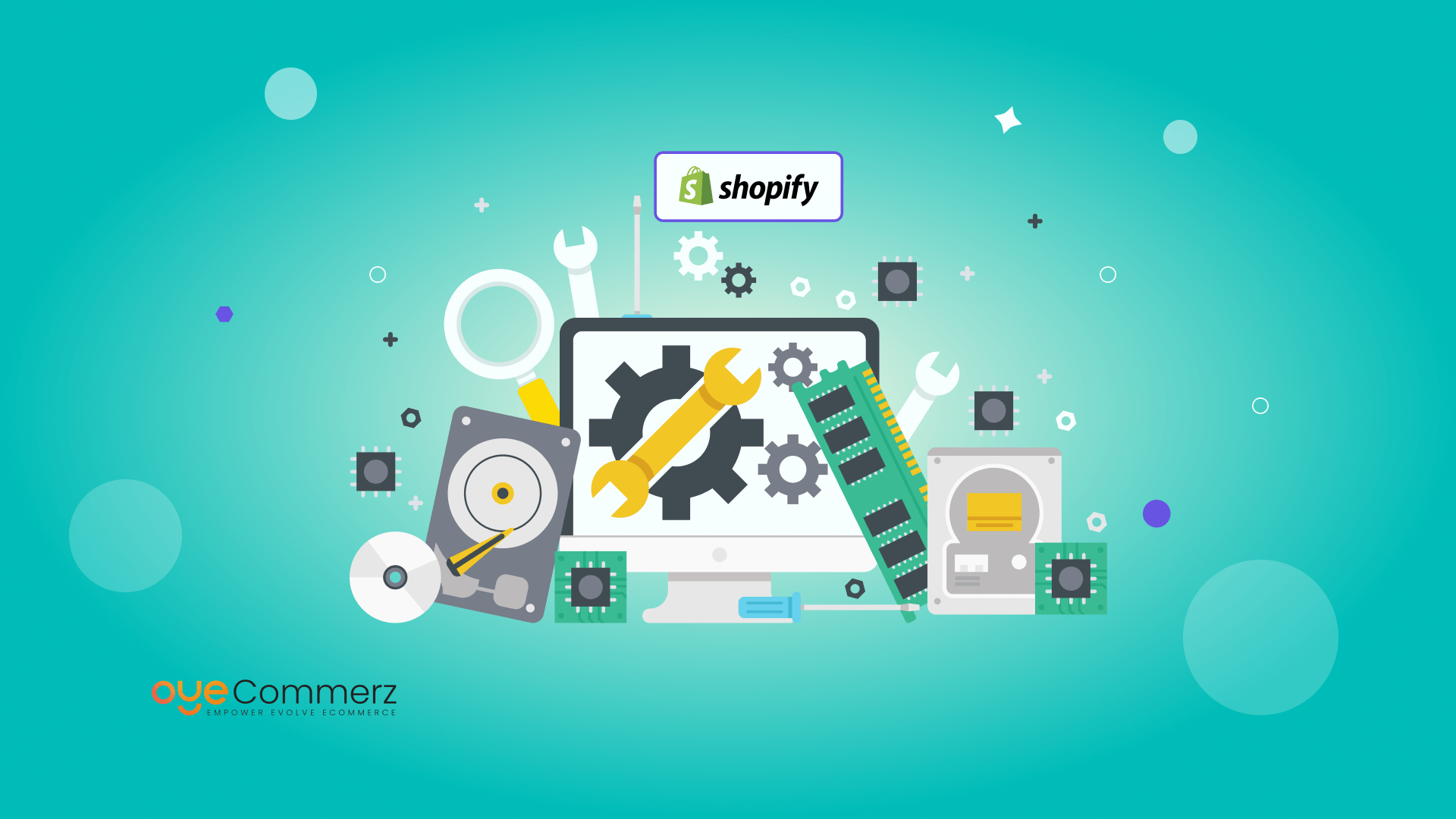Overview
In today’s competitive e-commerce environment, standing out is paramount, and one of the best ways to set apart a Shopify store is through custom app creation. A well-built Shopify app can boost store functionality, simplify processes, and elevate customer interaction. This article explores essential aspects of Shopify app development, from API integration to growth techniques and digital marketing approaches, providing a roadmap for businesses looking for unmatched store performance.
The Importance of Shopify API Integration
Shopify’s API offers robust tools to customize and extend store functionalities. With the GraphQL and REST API options, developers can retrieve information to create apps that handle inventory control, order handling, and customer data management seamlessly. Using Shopify’s API can lead to better workflow automation and enables stores to serve customers more efficiently.
Utilizing the Polaris Design System
Polaris is Shopify's set of design guidelines for designing intuitive and easy-to-use Shopify apps. By following Polaris guidelines, developers guarantee that apps seamlessly integrate within the Shopify Admin interface. This provides a cohesive look and feel that resonates with Shopify merchants, encouraging usability and familiarity for merchants using your tailored app.
Understanding the Shopify App Ecosystem
The Shopify app ecosystem provides numerous opportunities for enhancing online stores. From handling order fulfillment to boosting customer engagement, apps in this ecosystem are designed to meet various business needs. Learning about this system assists developers in identifying unique app opportunities and allows for seamless integration of third-party services that add value to the store.
Building Embedded Shopify Apps
Embedded apps work seamlessly within the Shopify Admin, allowing a seamless experience for merchants. They allow merchants do not need to leave their Shopify control panel, simplifying their process. Employing Shopify App Bridge and embedded app features is recommended for providing a cohesive, well-integrated user experience.
Leveraging Node.js and React for Shopify Development
The technologies Node.js and React have emerged as ideal tools for Shopify app development. Node.js enables high-performance back-end services, while React allows for interactive and adaptive front-end design. Combined, they provide an strong framework for building fast, scalable Shopify apps that improve store performance and customer engagement.
Webhooks in Shopify Apps
Webhooks allow real-time data synchronization between Shopify and an external app. They trigger events such as new orders or inventory updates and provide immediate notifications to your app. By implementing webhooks, apps can deliver real-time insights for store owners, simplifying processes and boosting productivity.
Customer Engagement and Digital Marketing for Shopify Apps
To make a Shopify app successful, engaging customers is crucial. Utilizing online marketing techniques like SEO, email marketing, and social Shopify e-commerce solutions outreach can increase app usage. Additionally, creating applications with customer engagement in mind (e.g., loyalty programs or personalized suggestions) boosts user loyalty and satisfaction.
Making Your Shopify App Scalable
As e-commerce stores expand, so do their technology requirements. Making sure that your app can manage increased traffic, larger databases, and more advanced functionalities is essential. By optimizing server capacity and using scalable solutions, you can develop apps that expand in tandem with a store’s success.
Essential Features and Maintenance for Shopify Apps
For an app to be useful, it should offer essential features like user authentication, dashboard analytics, and Shopify app ecosystem support channels. Regular app maintenance, including updates to fix bugs and compatibility checks with new Shopify features, is important to maintain uninterrupted performance and avoid interruptions to business processes.
Summary
Custom Shopify app development holds vast potential for e-commerce businesses, providing the chance to improve performance, streamline processes, and build customer relationships. From integrating APIs to ensuring scalability and customer engagement, creating a Shopify app involves careful planning and strategic execution. If you’re ready to elevate your e-commerce experience, a custom Shopify app may be the perfect choice. What capabilities do you see for your dream application? Share your ideas and take the first step toward an optimized e-commerce experience!
